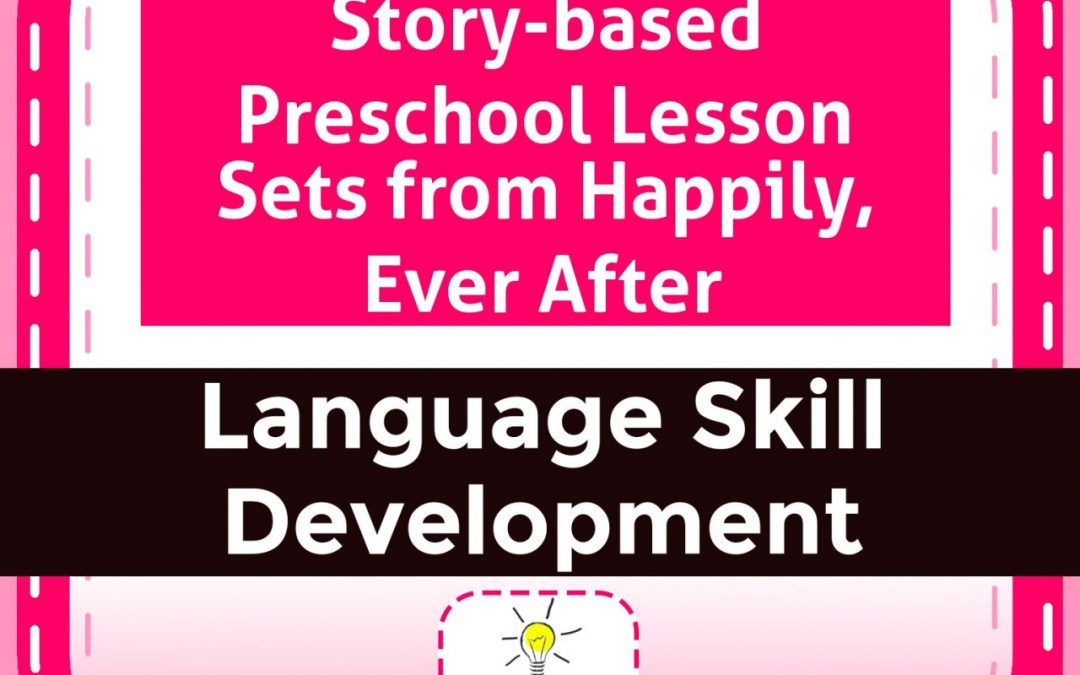17 Story-based Preschool Lesson Sets – Early Childhood / Preschool teaching materials for the book includes a) a synopsis of the storybook b) a letter to send home to families explaining the storybook unit and activities they can do at home c) suggestions for setting up your classroom to revolve around the story (dramatic play area, sensory area, art area, science area, book area, and bulletin board) d) activities separated into two weeks, each week including: a distinctive thematic, e) focus of the Week; Circle Time activities including songs, poems, fingerplays, and story-reading ideas; and six detailed Group Activities with designated target areas, f) snacks related to the story, g) a Pretest and Posttest. BUNDLE IDs P06LAN0437-0453.
- Amplification
- Assessment of Student Skills, Challenges, Needs
- Early Childhood: Infants, Toddlers, Preschool
- Hearing Loss – Identification, Impact and Next Steps
- Impact of Hearing Loss on Child Development and School Performance
- Describing the Impact of Hearing Loss to Parents/Teachers
- Hearing Loss – Identification and Next Steps
- Hearing Loss – Information on Specific Types
- What is “Normal” Hearing for Children?
- ANSD – Auditory Neuropathy/Dyssynchrony Spectrum Disorder
- Atresia, Microtia: Permanent Conductive Hearing Loss
- CMV (Cytomegalovirus) and Hearing Loss
- Ear Infections and Learning
- Cholesteatoma – What is it? How can it affect learning?
- Hearing Loss Caused By Noise
- Hyperacusis: Over-Sensitivity to Sound
- Mild Hearing Loss and Learning
- Unilateral Hearing Loss and Learning
- Deaf PLUS Additional Needs
- Language and Speech Development Issues
- Legal Issues in Serving Children with Hearing Loss
- Listening (Auditory Skills) Development
- Planning to Meet Student Needs
- Self-Advocacy Skills for Students with Hearing Loss
- Self-Concept: How the Child with Hearing Loss Sees Himself
- Social Skills
- Speech Perception & Learning
- Hearing Aid Retention for Young Children
- Hearing Aid Retention for Young Children

